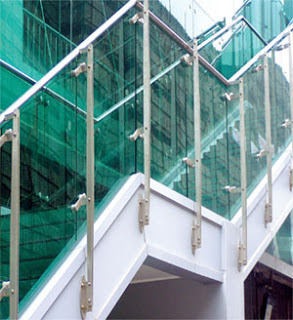Matthew Reinhart's Blog, page 27
March 10, 2011
Listen Up: My Drive Thru
I am really in love with the handmade and tactile feel for the video-- paper cut outs being animated? Count me in! The music video took about 4 months from start to finish where they not only used CGI they also used nearly 10,000 paper cutouts of the artists! That's a lot of paper!
Word of the Day: Surreptitious
1. Done, made, or gotten by stealth
2. Acting with or marked by stealth
Origin: Surreptitious comes from Latin surrepticius, "stolen, secret, surreptitious", from surripere, "to take away secretly; to steal", from sub- "under' + rapere "to seize, to snatch".
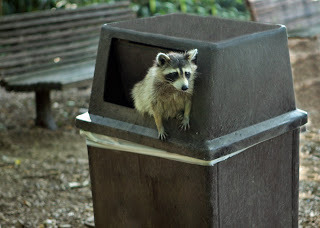
March 9, 2011
History Lesson: The Barbie Doll is Introduced
The doll was named after Ruth Handler's (the woman behind Barbie) daughter Barbara. After watching her daughter play with paper dolls of adult women instead of baby dolls, Handler realized that there was a part in the toy market that had yet to be fulfilled. Thus Handler created Barbie so that little girls could play and imagine the future.
Even though Barbie has seen some controversy the positive note of the doll is that she provided a different role model for little girls of the 1950s. Barbie has held many different jobs such as doctor, pilot, Olympic athlete, and even U.S. presidential candidate.
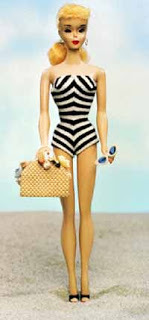
DIY Pop Up: Easter Bunny
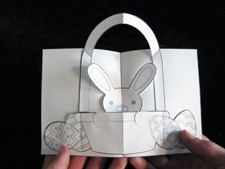
Word of the Day: Lambent
1. Playing lightly on or over a surface; flickering; as, "a lambent flame; lambent shadows."
2. Softly bright or radiant; luminous
3. Light and brilliant
Origin: Lambent is from the present participle of Larin lambere, "to lick".
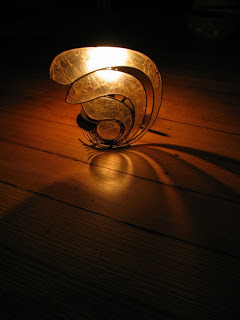
March 8, 2011
Word of the Day: Protean
1. Readily assuming different forms or characters; extremely variable.
Origin:
1598, from Gk. Proteus, sea god (son of Oceanus and Tethys) who could change his form; his name is lit. "first," from protos "first."
Artist Watch: Doug Cowan
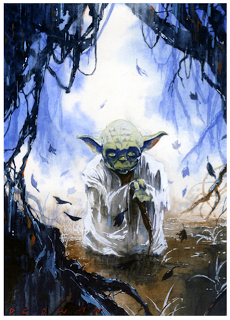
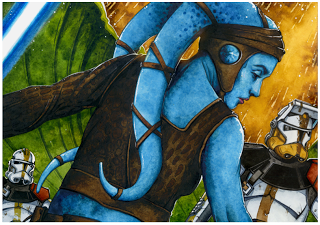
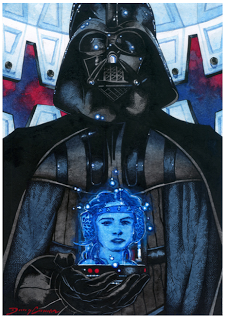
March 7, 2011
Whats Popped Up: Library Salon Follow-up
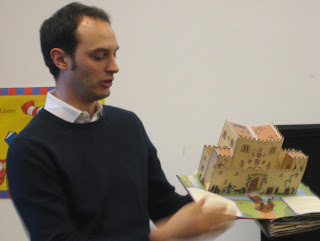
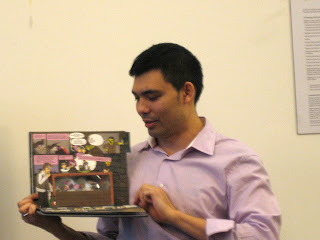
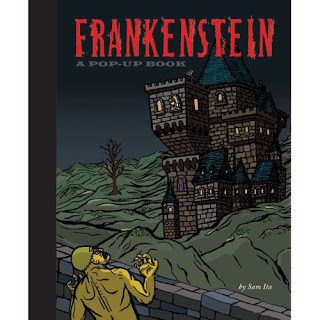
@font-face { font-family: "Cambria"; }p.MsoNormal, li.MsoNormal, div.MsoNormal { margin: 0in 0in 0.0001pt; font-size: 12pt; font-family: "Times New Roman"; }a:link, span.MsoHyperlink { color: blue; text-decoration: underline; }a:visited, span.MsoHyperlinkFollowed { color: purple; text-decoration: underline; }div.Section1 { page: Section1; }
The Children's Literature Salon at Children's Center in the main branch of the New York Public Library this past Saturday was a wonderful success. It was a packed room despite competing with a warm sunny day as Elizabeth Bird kindly ushered us through about a dozen questions touching on our backgrounds, inspirations, and the pop-up creation process. Sam Ita was in a jovial mood as he described how he came from humble beginnings as a pedicab driver and luggage salesman before answering a newspaper ad to work at a pop-up studio. Legend has it that he expected to design pop-up ads on the computer before he took a good look around and realized they made books.
Once I discussed some ideas behind my pop-up books Castle and Baby Signs, Sam displayed his latest title, Frankenstein. I was delighted to learn more about the various versions he created to tell the occasionally gruesome story. Sam even touched on the fascinating idea of free will as he described the automatic pop-up movements of the Monster versus the viewer activated pull tabs that brought the townspeople's actions to life.
After we shared our personal stories and showed our latest pop-up titles, Sam brought out some interesting early prototypes of his newest pop-up books as the audience swarmed in for a closer look. In fact, the book lovers were so excitable that when two pop-up books were offered as a prize to the member that produced a winning note from under their seat, dozens of folks mistakenly tore off the product labels of the fabric chairs and waved them triumphantly in the air. With colleagues and pop-up fans like these, I could not think of a better place to be.
~Kyle
Word of the Day: Pied-a-terre
1. A temporary or second place of lodging.
Origin: Pied-a-terre is from French, literally "foot to the ground".
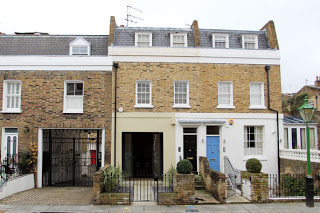
March 4, 2011
Word of the Day: Hyaline
1. Glassy or transparent.
noun
1. In biochemistry, a transparent substance found in cartilage, the eye, etc., resulting from the pathological degeneration of tissue.
Origin:
Hyaline stems from the Greek hyalinos "of glass".
